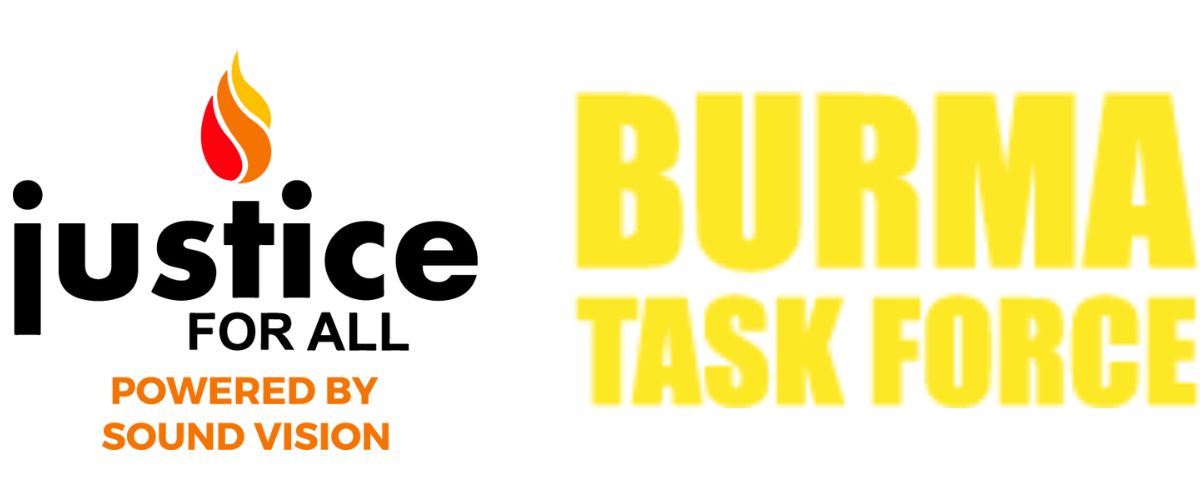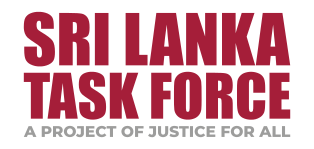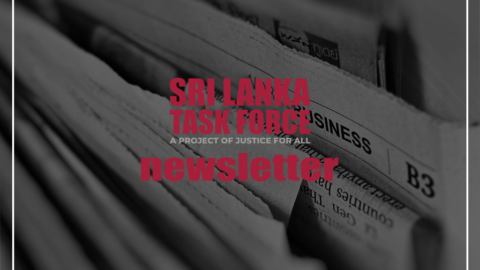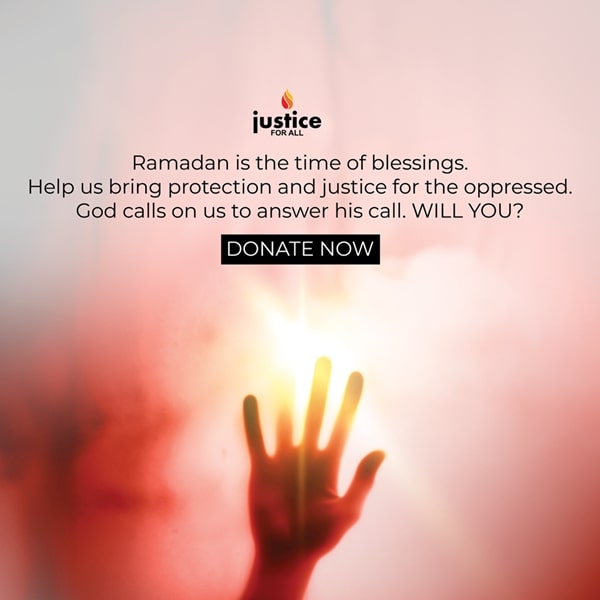July 11, 2024 Justice For All is concerned by the latest instance of systemic bias…

Government Moves Forward With Burqa And Niqab Ban
6.
Government Moves Forward With Burqa And Niqab Ban
Sri Lanka’s government is continuing forward with its burqa ban. The Cabinet passed the ban on April 27 and it will most likely go through Parliament, which is controlled by the two-thirds majority People’s Freedom Alliance which is currently in power. The killing of cows will also be banned and many religious schools such as Islamic madrasas will be closed. Additionally, the Prevention of Terrorism Act’s (PTA) two new regulations have targeted minorities. These are the deradicalization centers and the banning of eleven Islamic organizations.
The United Nations Special Rapporteur on Freedom of Religion or Belief, Ahmed Shaheed said that banning burqas is incompatible with international law. He said that the freedom of expression guarantees the right to wear them. Sri Lanka’s own constitution maintains that all people are equal regardless of race, religion, caste, sex, language, political opinion or place of birth. Article 14 allows them to practice, worship, teach, and observe their own religion. Article 10 allows them to have their own religion or belief of their own choosing.
Sri Lanka’s Minister of Public Security Sarath Weerasekara stated that burkas were a threat to national security and a sign of extremism. The country has still allowed masks for Covid-19. Global Voices has pointed out that the ban is diverting attention from focusing on the deadly pandemic. Human Rights Watch (HRW) has long stated that there is no evidence that face veils pose a threat to security to justify banning them. HRW also said that the Sri Lankan Parliament should reject the ban and stop looking for excuses to attack minorities.
Former Sri Lankan Human RIghts Commissioner Ambika Satkunanathan filed a fundamental rights petition to the Supreme Court against the PTA’s deradicalization centers. The PTA was created in 1979 and has been connected to torture and disappearances. Under the new regulations, people can be detained for what authorities interpret to be extremism. Her petition states that there is a ‘lack of empirical data to support the assumption that religious ideology supports terrorism’.
In spite of the human rights violations which have targeted Muslim minorities, Pakistan’s High Commissioner has sought to strenghten ties with Sri Lanka. Muhammad Saad Khattak met with President Mahinda Rajapaksa on May 25 to discuss cultural heritage and religious tourism between the two countries.
Articles:
Burqa ban in Sri Lanka would undermine national security and human rights
Pakistan seeks to strengthen collaboration with Sri Lanka despite human rights concerns
Sri Lanka Face Covering Ban Latest Blow for Muslim Women
Former Sri Lankan Human Rights Commissioner petitions against Prevention of Terrorism Act



